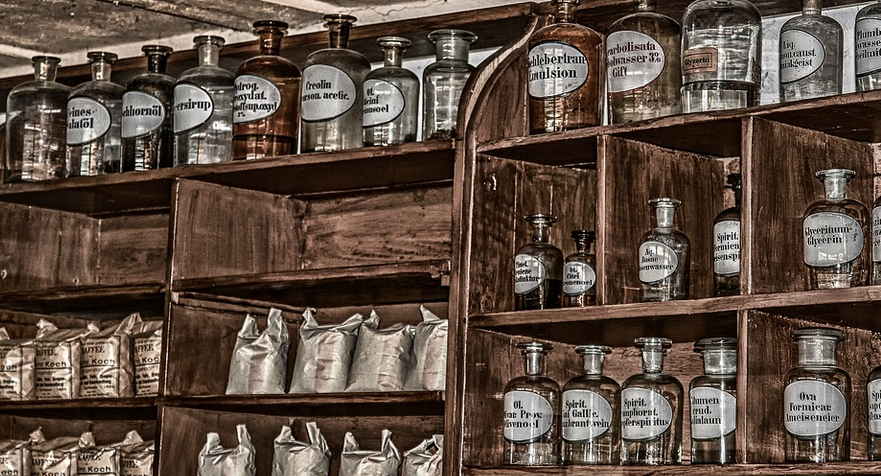Introduction
Drug and alcohol addiction is a growing problem in New Jersey, with thousands of people struggling to overcome their addiction every year. As a result, there is a high demand for certified drug and alcohol counselors in the state. If you’re passionate about helping people overcome addiction, then obtaining a drug and alcohol counseling certification in NJ could be your calling. In this article, we’ll provide you with a comprehensive guide to obtaining a drug and alcohol counseling certification in NJ.
What is Drug and Alcohol Counseling?
Drug and alcohol counseling involves helping individuals with substance addiction to overcome their addiction and lead a healthy and productive life. Counselors work with individuals to understand their addiction, identify triggers, and develop strategies to cope with cravings and avoid relapse.
Why is Drug and Alcohol Counseling Certification Important?
Obtaining a drug and alcohol counseling certification is essential for anyone looking to pursue a career as a counselor. Certification ensures that you have the necessary knowledge and skills to provide effective counseling services to individuals with substance addiction.
Requirements for Drug and Alcohol Counseling Certification in NJ
To become a certified drug and alcohol counselor in NJ, you must meet certain requirements. These include completing approved education and training, passing a certification exam, and fulfilling work experience requirements.
Education and Training
To be eligible for certification, you must complete at least 270 hours of approved education and training. This includes courses in addiction counseling, group counseling, and ethics.
Certification Exam
After completing the required education and training, you must pass a certification exam. The exam covers topics such as addiction counseling, assessment, and treatment planning.
Work Experience
To obtain full certification, you must also fulfill work experience requirements. This includes completing at least 6,000 hours of supervised work experience in a substance abuse counseling setting.
Benefits of Drug and Alcohol Counseling Certification
Obtaining a drug and alcohol counseling certification in NJ offers many benefits. These include: – Increased job opportunities – Higher salary potential – Recognition of your expertise and professionalism – Enhanced credibility with clients and employers
Conclusion
Drug and alcohol counseling is a rewarding and fulfilling career path. If you’re passionate about helping people overcome addiction, then obtaining a drug and alcohol counseling certification in NJ could be your calling. With the information provided in this guide, you can take the first step towards becoming a certified drug and alcohol counselor in NJ.

